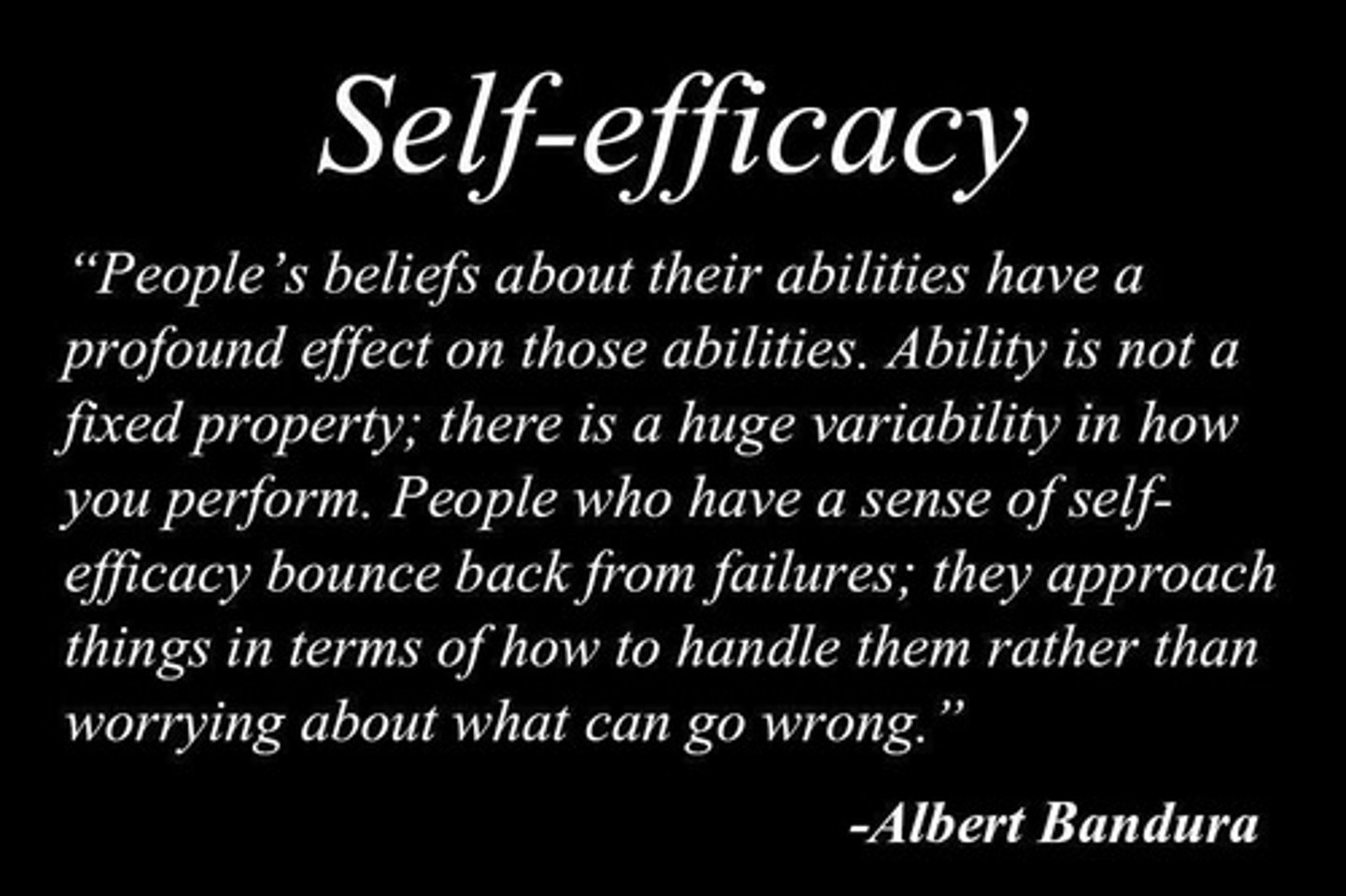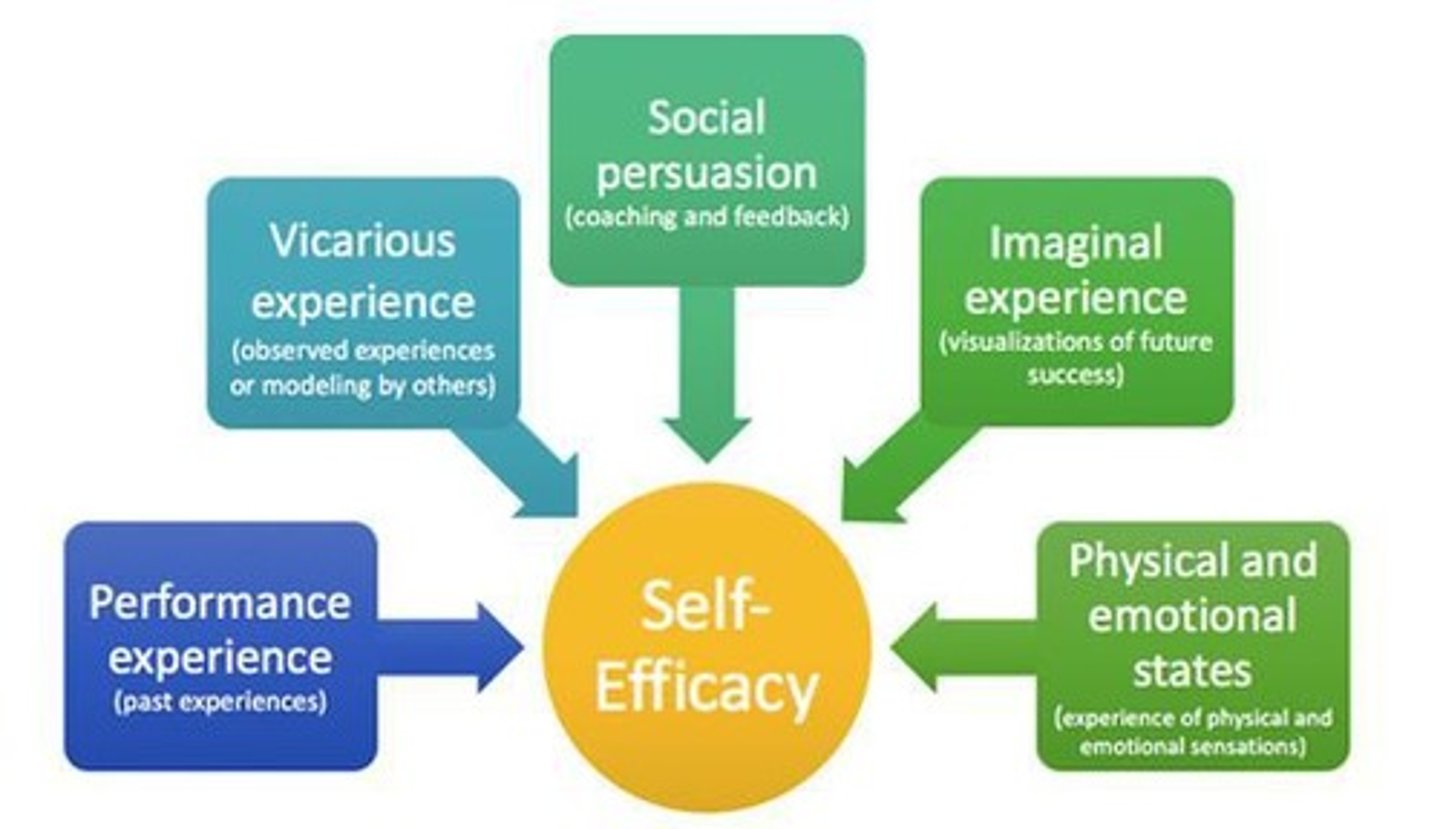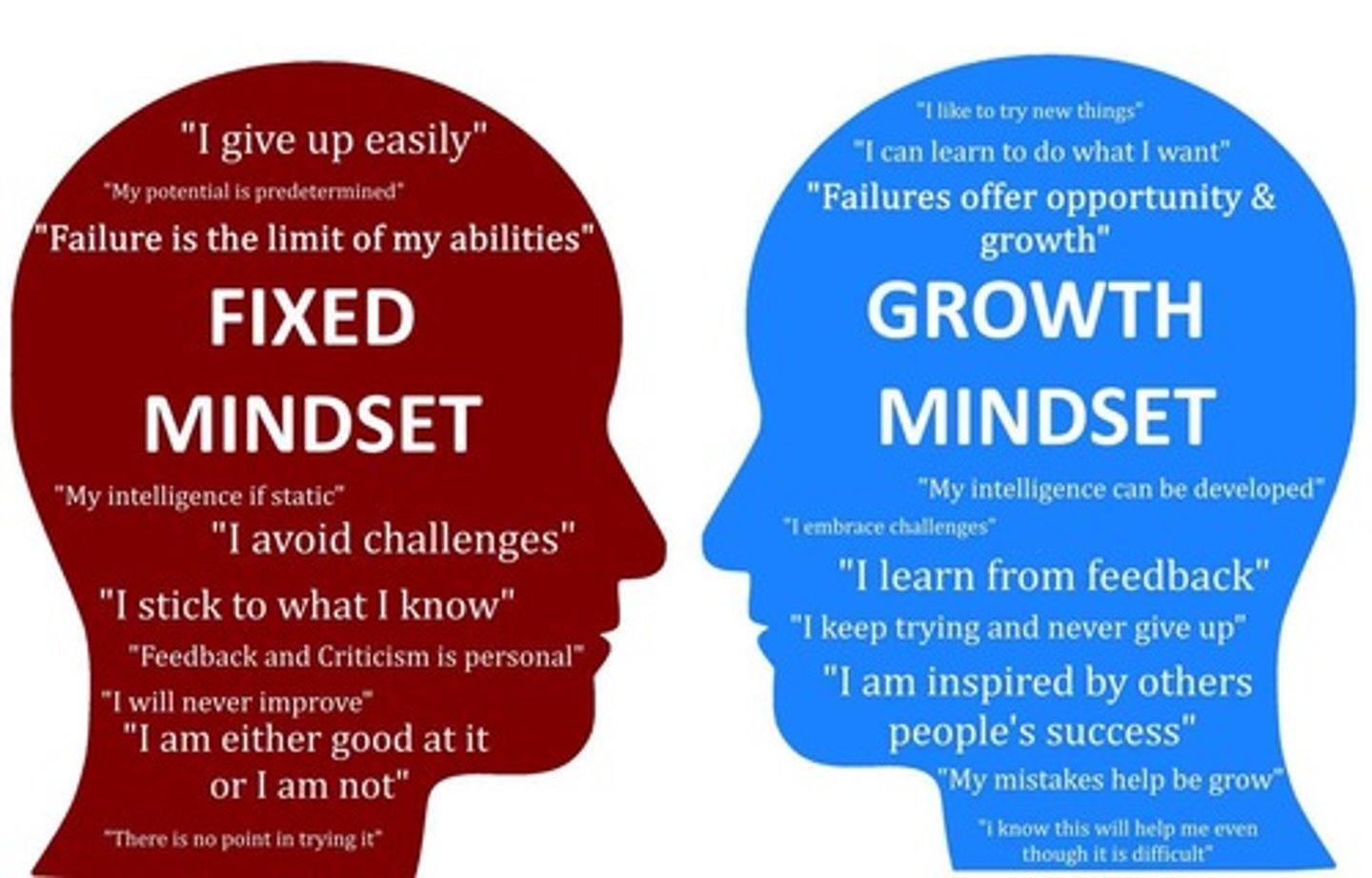Identity and Self-Presentation in the Digital Age
1/63
There's no tags or description
Looks like no tags are added yet.
Name | Mastery | Learn | Test | Matching | Spaced | Call with Kai |
|---|
No analytics yet
Send a link to your students to track their progress
64 Terms
Digital Self
Online representation of an individual's identity.
Identity Formation
Development of self-perception during adolescence.
Adolescence
Developmental stage focused on identity concerns.
Erikson's Theory
Framework for understanding identity development stages.
Independence in Adolescence
Youth's pursuit of autonomy and self-identity.
Facebook Identity Experimentation
Adolescents explore identities on social media platforms.
Emotional Well-Being on Facebook
Users portray enhanced happiness compared to real life.
True Self
Spontaneous and honest representation of identity.
False Self
Defensive identity concealing the true self.
Incongruity
Discrepancy between real self and ideal self.
Social Media Pressure
Expectation to present an idealized life online.
False Self Creation
Developing a protective identity on social media.
Desirable Online Identities
Successful personas differing from real-life selves.
Low Self-Esteem Impact
Personality trait leading to false self-presentation.
Identity Play
Exploring different identities in a safe environment.
Compulsive Internet Use
Excessive online behavior leading to negative outcomes.
Loneliness and Social Skills
Poor social skills correlate with online compulsiveness.
Self-Disclosure
Sharing personal information in a protected space.
Winnicott's Theory
Concept of true self versus false self.
Social Networking Sites
Platforms facilitating identity exploration and presentation.
Kim et al. Study
Research linking loneliness to negative online behaviors.
Troubled Adolescents
Adolescents with social and emotional vulnerabilities.
Facebook Friends
Connections made through the Facebook platform.
Psychological Well-being
Improvement in mental health and life satisfaction.
Negative Effects of Facebook
Reduced offline participation and academic withdrawal.
Self-Esteem
Confidence in one's own worth or abilities.
Narcissism
Excessive interest in oneself and one's appearance.
Self-Promotional Images
Enhanced photos posted to improve personal image.
Heavy Facebook Users
Individuals who spend significant time on Facebook.
Social Loneliness
Feeling isolated despite social interactions.
Self-Efficacy Theory
Belief in one's ability to succeed.
Mindset Theory
Beliefs about one's abilities influence outcomes.
Albert Bandura
Psychologist who developed self-efficacy concept.

Self-Efficacy
Belief in one's capabilities to achieve goals.
Mastery Experiences
Successes from overcoming challenges boost self-efficacy.

Vicarious Experiences
Learning through observing others' successes.
Social Persuasion
Influence of feedback on self-efficacy beliefs.
Emotional States
Feelings that impact self-efficacy judgments.
Physiological States
Physical condition affecting self-efficacy perception.
Positive Role Models
Individuals who inspire confidence through their actions.
Encouragement
Support that boosts belief in abilities.
Discouragement
Negative feedback that undermines self-confidence.
Complex Task
Challenging activities requiring skill and effort.
Emotional Reactions
Responses like anxiety affecting task performance.
Marginal Experiences
Experiences that contribute to self-efficacy development.
Imaginal Experiences
Visualizing success to enhance self-efficacy.
Fixed Mindset
Belief that traits are unchangeable and innate.

Growth Mindset
Belief that effort can develop abilities and traits.
Feedback Utilization
Using feedback to learn and improve performance.
Dread of Failure
Fear of failure indicating personal limitations.
Learning Opportunity
Failure signals need for practice and effort.
Gender
Cultural attitudes and behaviors linked to biological sex.
Sex
Biological status categorized as male, female, or intersex.
Gender Identity
Personal sense of being male, female, or alternative.
Transgender
Identity not aligning with assigned biological sex.
Affirmed Gender Identity
Gender identity post-transition or coming out.
Asexual
Lack of sexual attraction or interest.
Pansexual
Attraction regardless of gender identity.
Sexual Orientation
Emotional and sexual attraction to others.
APA Guidelines
Standards for defining gender and sexual orientation.
Biological Indicators
Chromosomes and organs defining biological sex.
Transgender Spectrum
Range of identities not fitting traditional gender norms.
Cultural Change
Evolving definitions of gender and sexual identity.
Buddha Quote
Conquering oneself is greater than external victories.